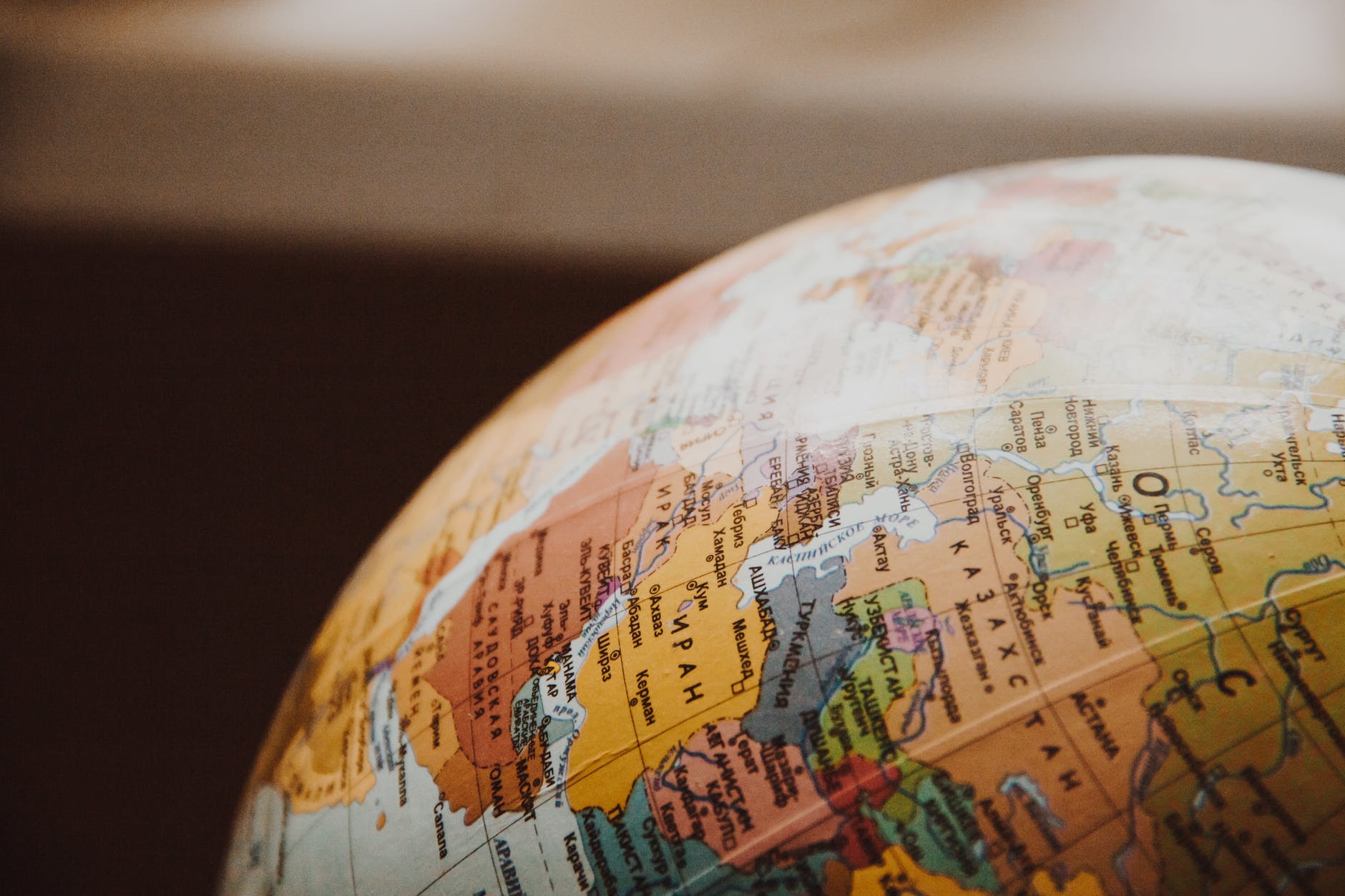In October 2024 I participated in the ASEAN Queer Leadership Week (AQLW), in Bangkok, Thailand, organized by the ASEAN SOGIE Caucus. I represented the End FGC Singapore campaign and was awarded the Sahiyo Advocacy Travel Scholarship in 2024, which supported my participation in the program.
The leadership program was aimed at building the capacities of LGBTQIA+ activists in promoting the human rights of all, no matter their sexual orientation, gender identity, gender expression, and sex characteristics (SOGIESC) in broader society. We learned how to respond to the needs of the LGBTQIA+ movement within our spheres of influence. It was the ASEAN SOGIE Caucuses first cycle involving queer activists who work outside of LGBTQIA+ spaces.
The program participants hailed from nine Southeast Asian countries: Thailand, Laos, Myanmar (Burma), Cambodia, the Philippines, Malaysia, Indonesia, Brunei Darussalam, and Singapore. They were activists advocating on behalf of the rights of the disabled, labor rights, education for rural children, animal rights, climate justice and sustainability, journalism, and refugee and migrant rights. Of course, the issue of FGM/C falls under sexual and reproductive health rights (SRHR), gender-based violence (GBV), and children’s rights.
I wanted to strengthen my advocacy work in the anti-FGM/C movements by connecting and building solidarity with regional activists. I wanted to spread the word about the impact of FGM/C, its pervasiveness in our region, and how it is connected to LGBTQIA+ issues. According to Sahiyo’s research on intersectionality titled “Examining Intersections Between Female Genital Mutilation/Cutting and Social Oppressions” (February 2024), barriers to ending FGM/C are impacted by social oppressions such as racism, xenophobia, Islamophobia, hostilities against disabilities and neurodivergencies, and anti-LGBTQIA. With these threads of oppression interwoven, FGM/C survivors such as myself cannot separate them from our survivorship.
At 18, I learned that my cut was a human rights violation at a feminist-led comprehensive sexuality education workshop. I asked my mother, who readily confirmed that under her instructions, my older sister had brought me to a Muslim woman doctor at a private clinic to have the prepuce (or the clitoral hood) of my genitals nicked. My cut is classified as type 1b FGM/C according to the World Health Organisation categories. My mother reasoned that cutting helps control the female libido (it doesn’t). This belief assumes that the vulva-owning baby will grow up to be a straight, cisgender woman, leaving little room for queer and trans acceptance.
As a result, I created a digital story as part of the Voices to End FGM/C Digital Storytelling project in the spring of 2022. Voices to End FGM/C is a joint digital storytelling project initiated by Sahiyo and Silence Speaks. I collaborated with illustrator and former Sahiyo Programs Coordinator Catherine Cox, who helped me visualize some intimate parts of my story. Subsequently, I reflected on the ongoing process of creating and honoring one’s story.
I joined the Singapore campaign due to the lack of trans and non-binary survivor voices in the global anti-FGM/C movements. Trans and non-binary survivors of FGM/C are excluded from the global survivorship data. For example, a female respondent is described as a woman without explicit agreement on their gender identity. This exclusion means that many trans and non-binary survivors are not aware that they were affected or do not have the space to share how FGM/C uniquely affects them. That is what the program participants and I have in common – that our lived experiences and perspectives as queer and trans people are often left to the margins and not centered within the causes that intimately affect us.
We discussed the impact of being constantly exposed to hostilities and vicarious trauma due to our advocacy work. Starting with assessing our state of mental health, we drew up personal safety plans to communicate our needs to the people around us so that we don’t feel alone in our advocacy. Activism can be a tricky space to be in. As we talk about these issues, we may experience them concurrently. On top of that, queer folks face an added layer of vulnerability. Sharing personal stories may open up old wounds, which contends with wanting to stay professional and level-headed. How do we balance advocating for urgent issues while maintaining some semblance of sanity and protecting our well-being?
We opened up about our vulnerabilities and the relentless hostilities, as well as holding on to hope. We allowed ourselves to reimagine multiple futures that left no one behind. To achieve the progress and success we Singaporeans enjoy today, we needed to leave some people behind – even at the expense of our people and neighbors. That perspective is reflected in how we treat most issues today, including FGM/C.
The reason we advocate is that we want to be treated with dignity and believe that everyone deserves to be treated as such. It is an honor and a privilege to help my community in shifting our culture to one that chooses love over fear. I trust that in time we won’t leave anyone behind and that includes trans and non-binary children and survivors of FGM/C.
About the Author: Afiqa (she/they) is a non-binary survivor of FGM/C from the Malay Muslim community in Singapore. They are a founding member of the End FGC Singapore campaign and a member of the Asia Network to End FGM/C. Recently, Afiqa joined the Non-Binary Southeast Asia collective.

